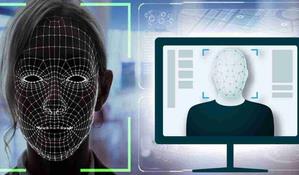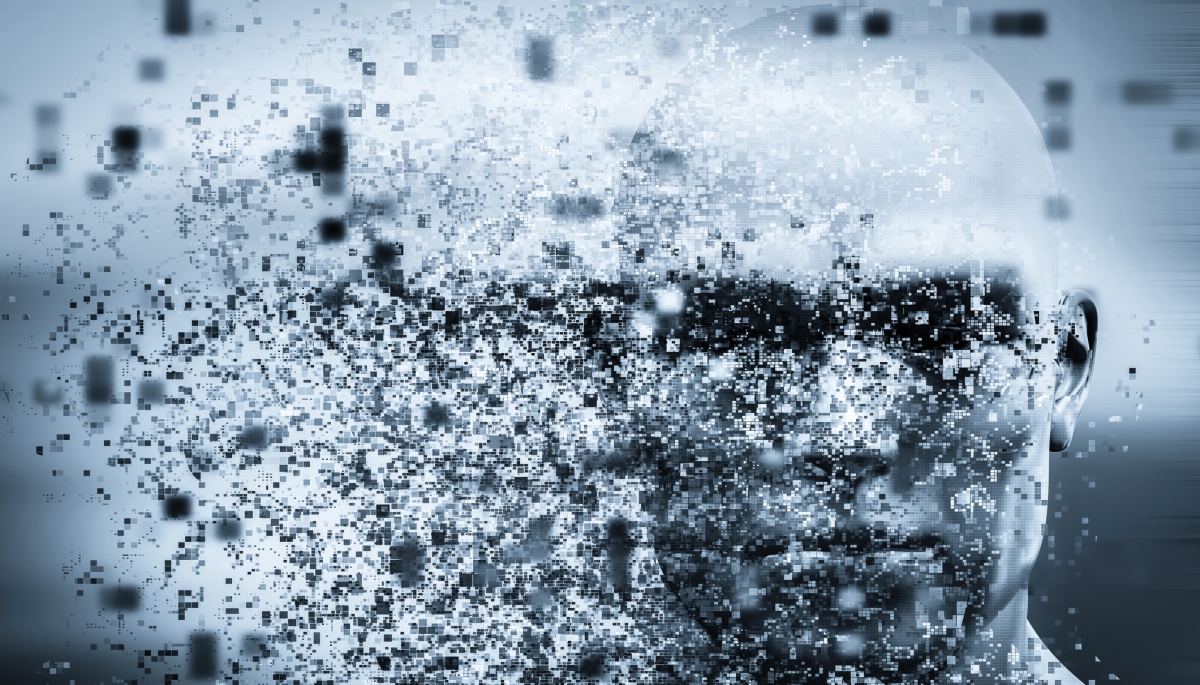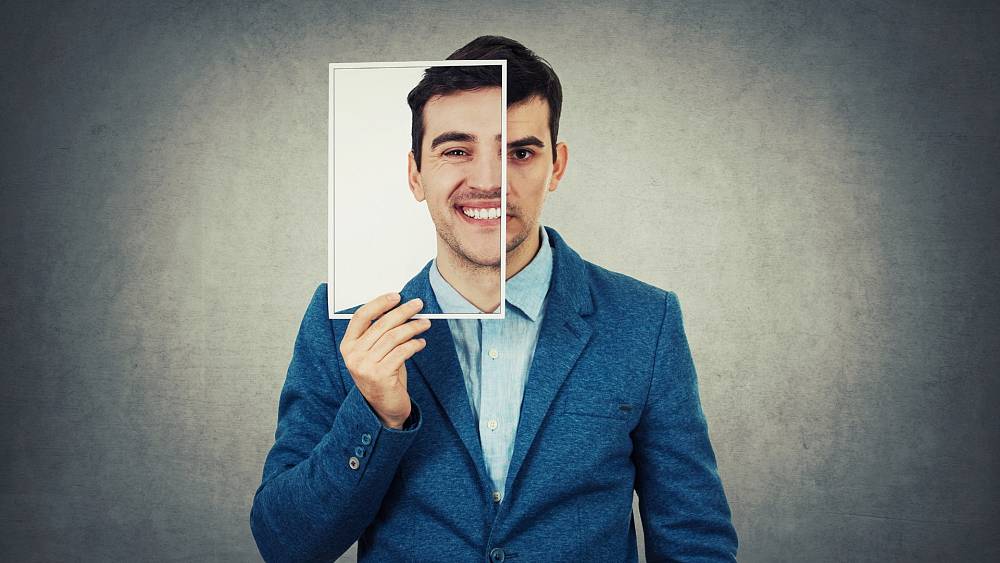Deepfakes, Ransomware Identified As Imminent Threats For 2024 In India: Report
(MENAFN– IANS) New Delhi, March 22 (IANS) Artificial Intelligence (AI)-generated deepfakes, multi-factor authentication (MFA) fatigue attacks, and complex ransomware incidents are identified as imminent threats for 2024 in India that require urgent attention, a new report said on Friday.
Looking ahead to 2024, Seqrite, the enterprise arm of global cybersecurity solutions provider Quick Heal, anticipated emerging challenges that demand vigilance and strategic preparedness.
“With the rise of AI-powered threats like BlackMamba and the prevalence of Living off the Land attacks, Chief Information Security Officers (CISOs) must adopt advanced evasion techniques and heightened defences to combat evolving threats effectively,” the experts said.
According to the report, the upcoming 2024 elections are poised to attract phishing attacks exploiting political interests, while supply chain vulnerabilities underscore the need for collaborative cybersecurity efforts between the public and private sectors.
Moreover, the report emphasised the importance of implementing resilient strategies to mitigate ransomware threats through practices such as regular data backups, network segmentation, and prompt isolation of affected systems.
“CISOs are encouraged to maintain vigilance regarding evolving cyber regulations and compliance standards, aligning security policies accordingly to ensure continual compliance and resilience,” the experts stated.
Further, the report highlighted the significance of embracing emerging technologies like AI, quantum computing, and IoT (Internet of Things), while remaining cognizant of the associated cybersecurity risks.
It also underscored the importance of fostering collaborative relationships among CISOs and security professionals to collectively enhance organisations’ cybersecurity posture and response capabilities.
MENAFN22032024000231011071ID1108010495
Legal Disclaimer:
MENAFN provides the information “as is” without warranty of any kind. We do not accept any responsibility or liability for the accuracy, content, images, videos, licenses,…




